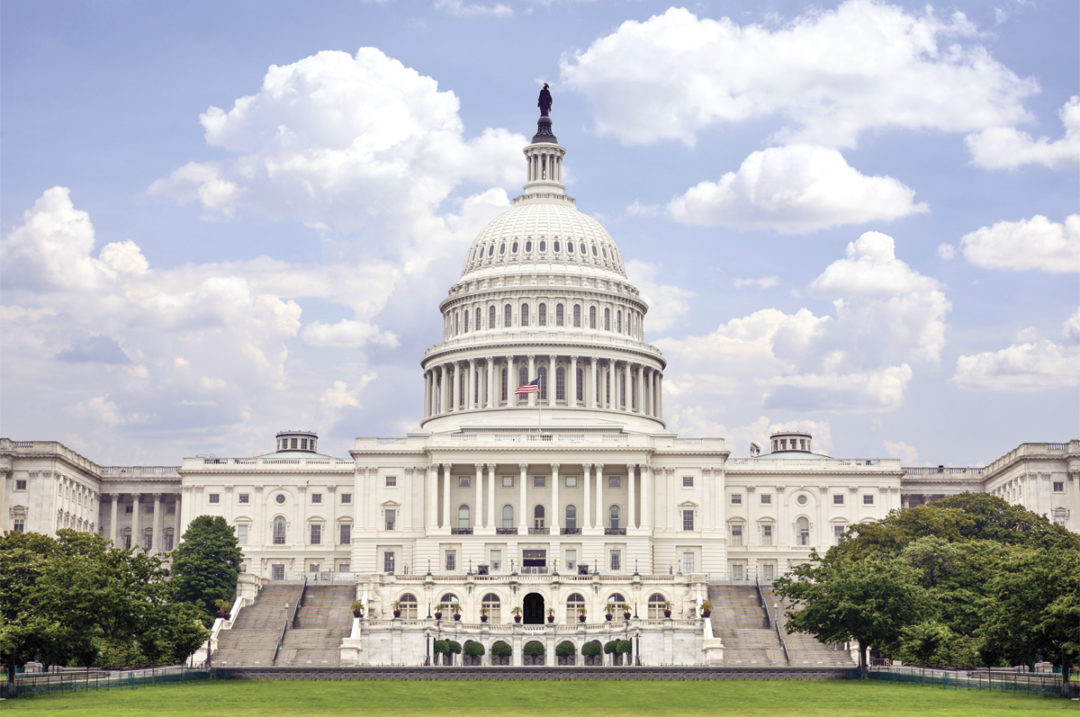Amid Congress’ last-minute and ultimately successful effort to avoid – at least temporarily – a federal government shutdown, the 2018 Farm Bill expired to relatively little fanfare on Sept. 30. Avoiding a federal shutdown was necessary to keep several important agriculture programs afloat. Others, however, find themselves in a sort of limbo until a new farm bill is passed, which some lawmakers on the House and Senate agriculture committees are saying could be several months.
The sweeping omnibus legislation must be rewritten every five years to determine policy and funding for a staggering array of farm, food and conservation programs. Though congressional ag committees have held dozens of hearings, listening sessions and staff meetings over the past year to discuss a new farm bill, no potential legislation has been brought forward at the committee level in either chamber. Multiple news outlets have cited both Democratic and Republican staff in reporting that while both sides are enthusiastic about building a bill that will support farmers and ranchers, there remains a significant divide about major programs – notably, “safety net” payments to farmers such as crop insurance and conservation programs.
“We certainly want to get a farm bill conversation underway and a farm bill passed before a presidential election cycle starts in 2024,” Sam Kieffer, vice president of public policy at the American Farm Bureau Federation, said in September, days before the 2018 bill expired. “The current farm bill that was signed into law in 2018 is an effective piece of legislation, but the situation now with regard to operating costs and farm inputs is significantly different than it was in 2018, and we need to take the opportunity for Congress to have a robust conversation and consider investments into the piece of legislation that is in place to make sure that farm and ranch families have a safety net.”










